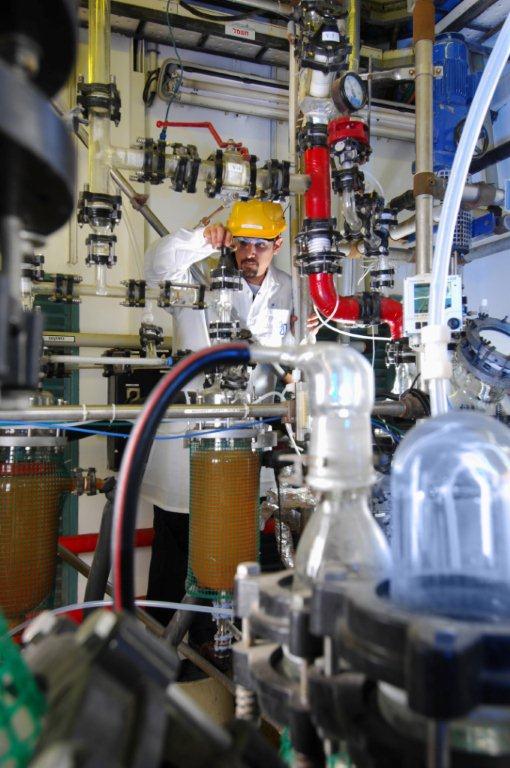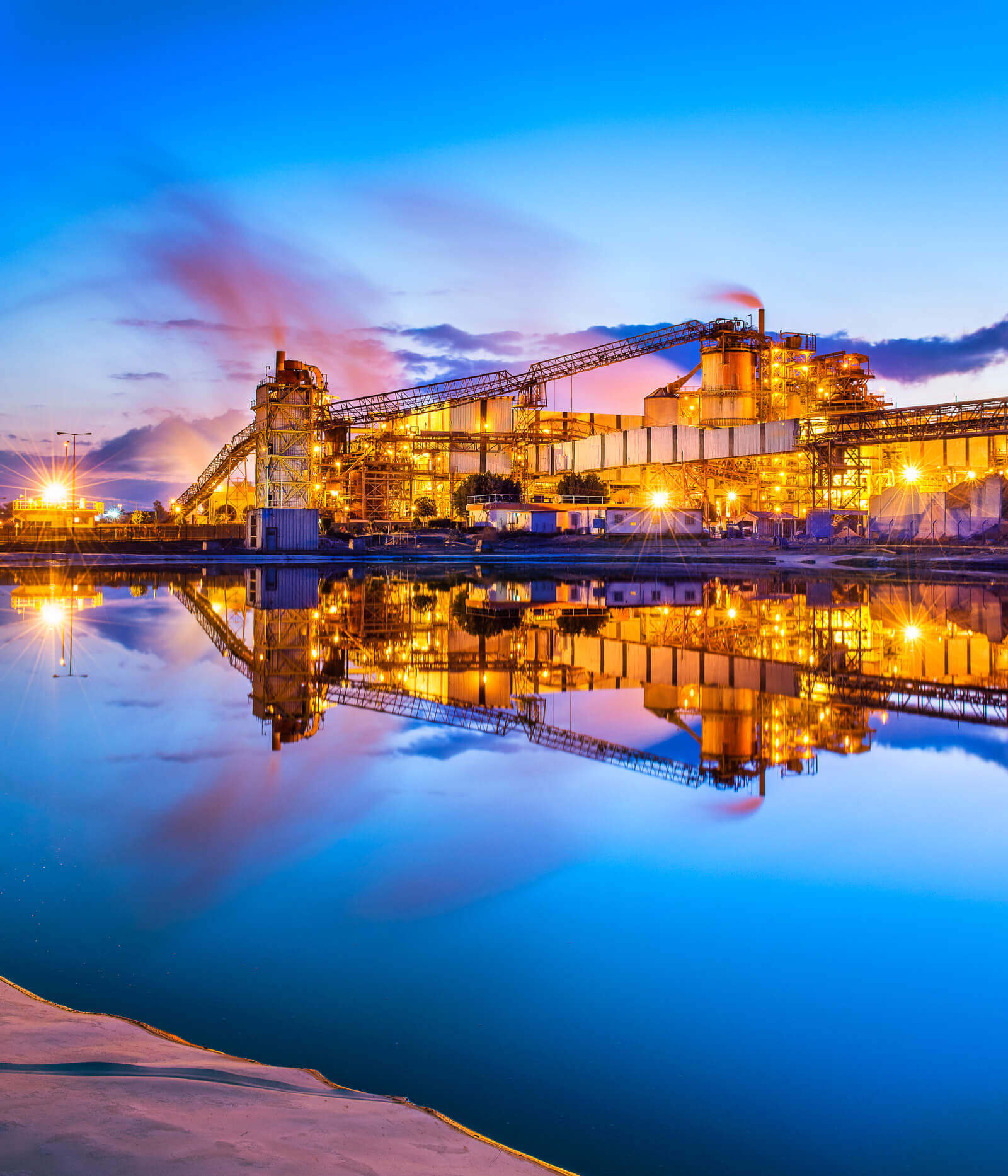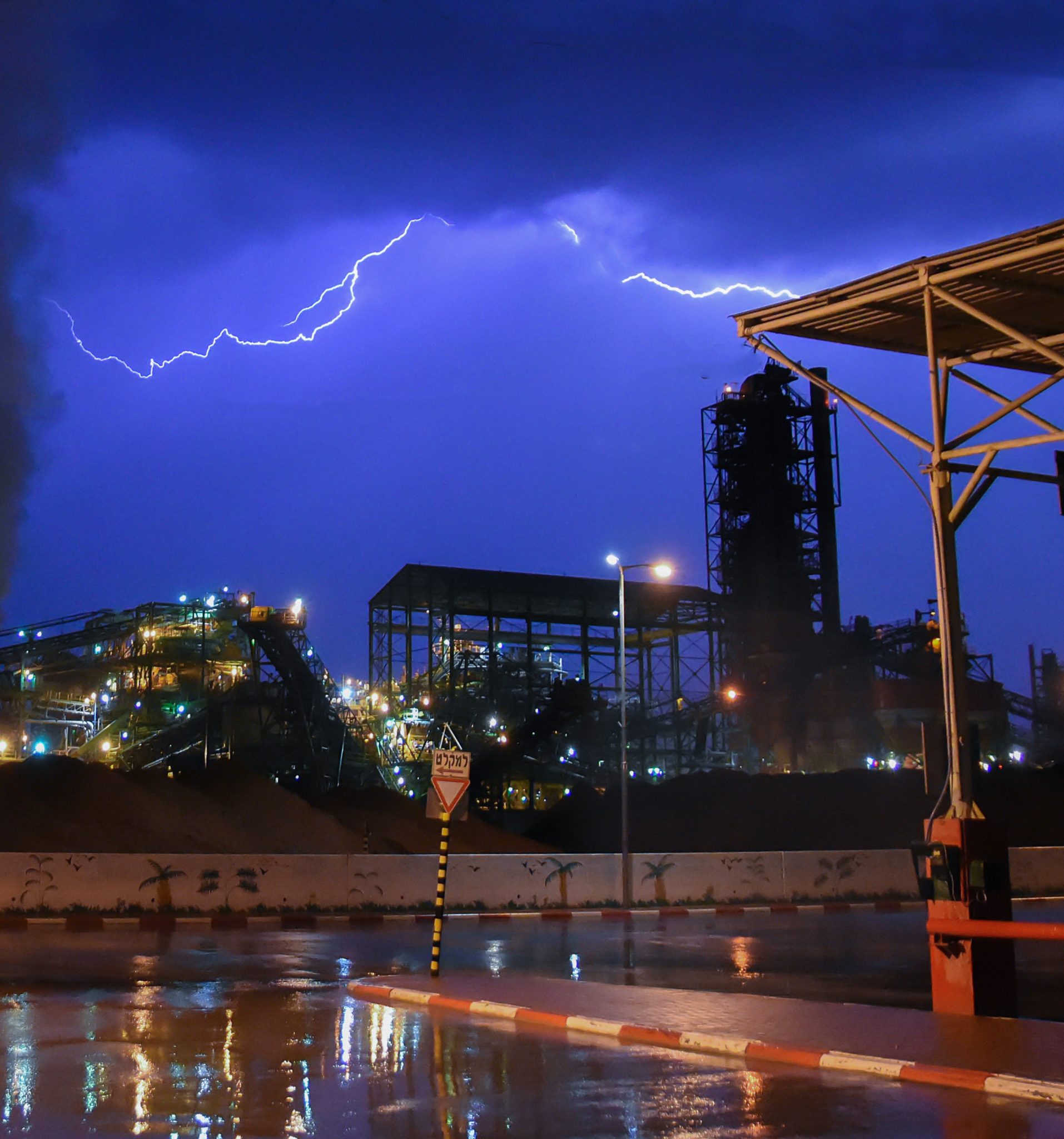
Research & Development
ICL’s R&D activities are part of its global strategic planning. The activities include internal research and joint activities, with a wide range of universities, research institutes and start-ups. ICL is seeking to develop open innovation platforms. ICL’s R&D is directed towards present and future market needs and focuses on identifying additional uses for the minerals in use and their derivatives. OUR R&D EXPENSES 2018, the Company significantly strengthened its core research activities with third parties. The Agronomic research collaboration between[...]



